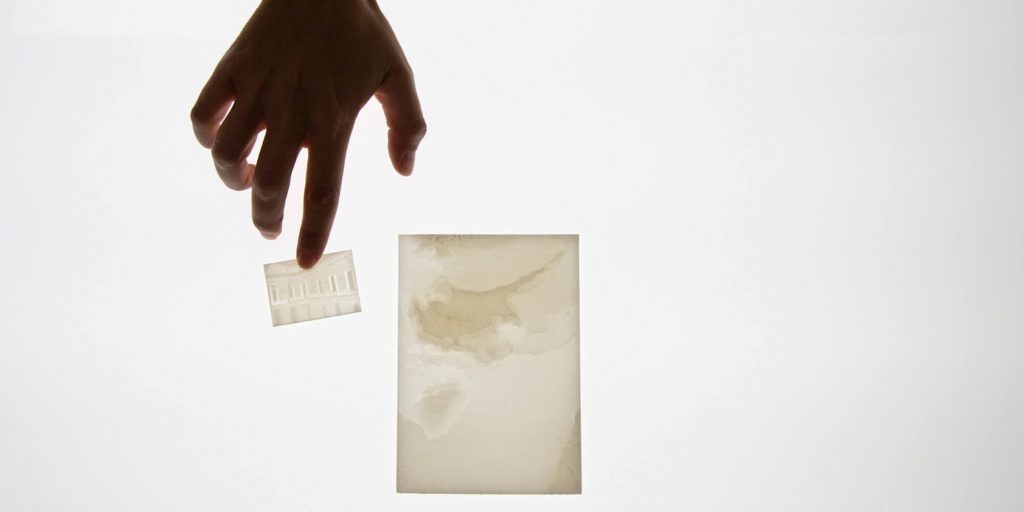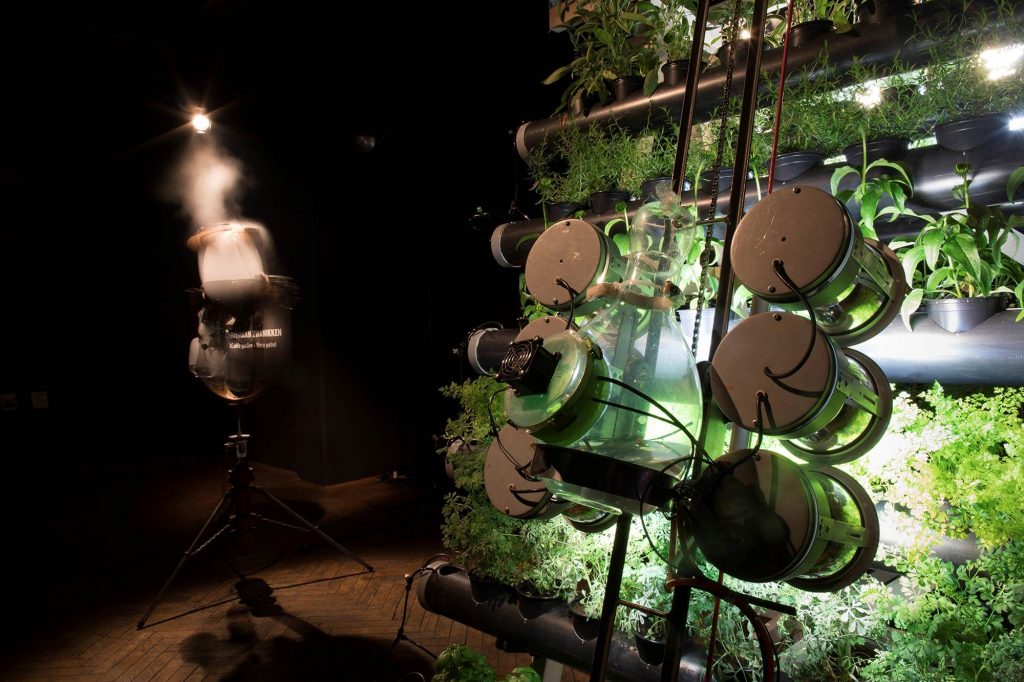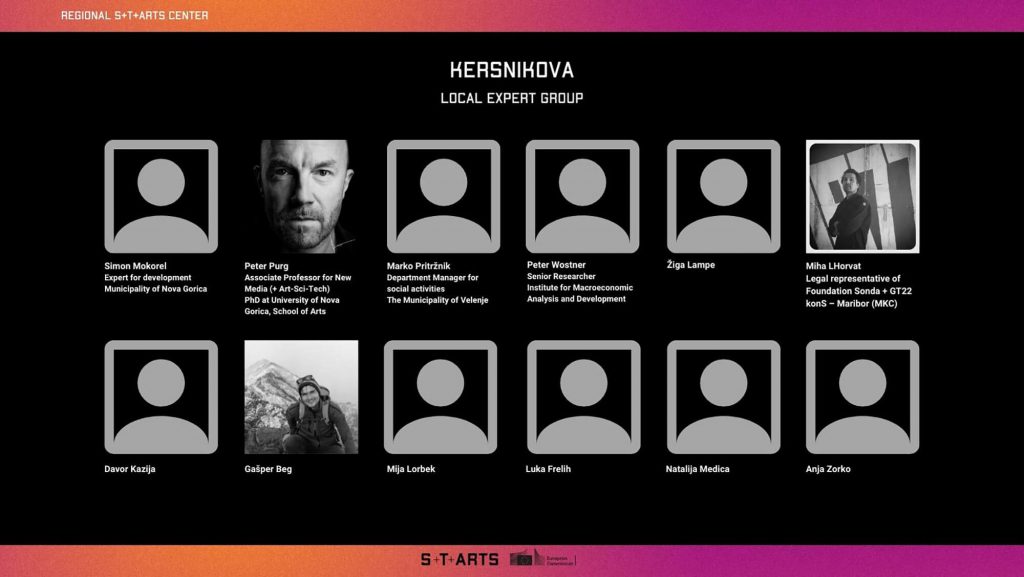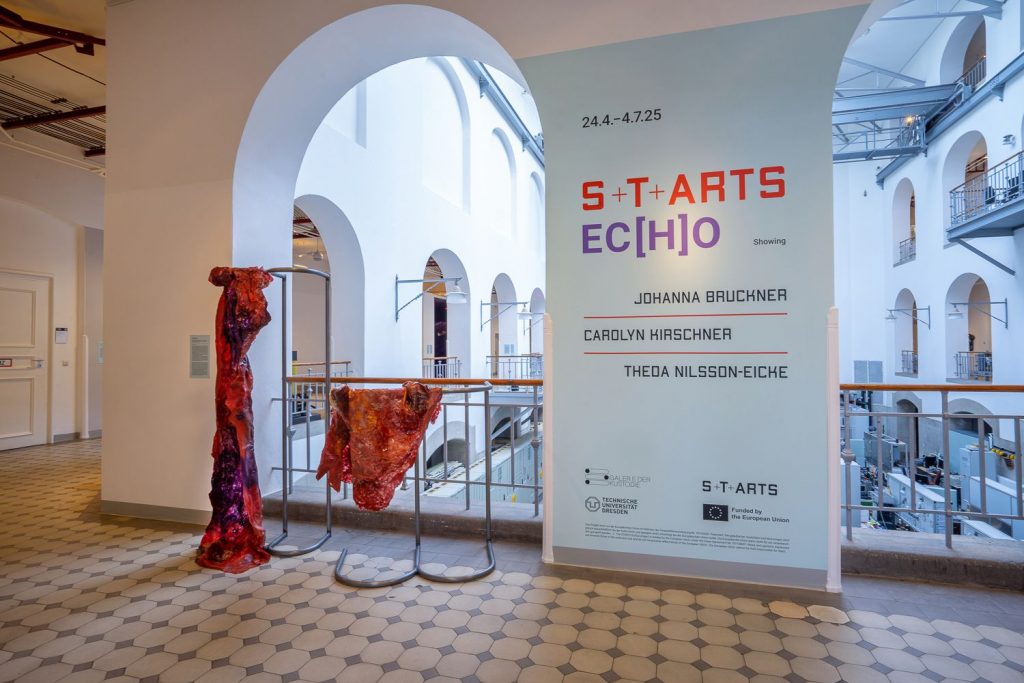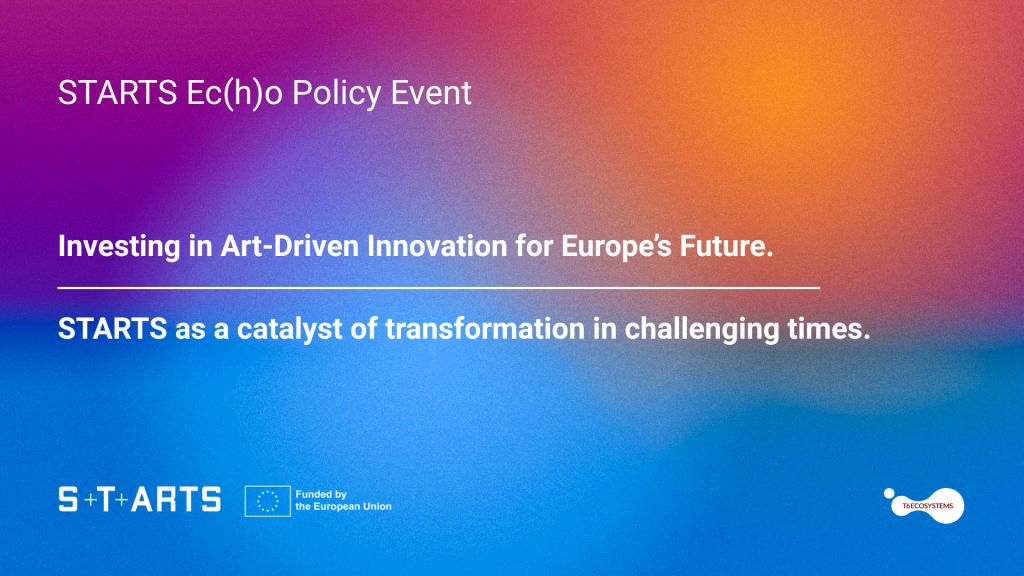S+T+ARTS Regional Centers | Repairing the Present
Blue-Green-Wall | Challenge nº7
How might we use ICT to better understand the processes in nature?
Consortium Partner: Kersnikova
EU Green Deal:GD5 Greening the Common Agricultural Policy / Farm to Fork Strategy
Problem Statement
The majority of food production is nowadays industrial which is leading to exhausting pressure on land and other resources needed for growth. With the widely available ICT technologies and robotics, the production of food can be personalized and tailored to individual use. Employing smart farming would enable more sustainable production of food.
Keywords
Precision farming, ICT & Robotics, Personalisation, Intercognition, Ecosystem
Challenge Context
The use of advanced technologies in agriculture enables even more efficient exploitation of raw materials and thus bigger yields. The disadvantage of the industrial approach to food production is that it is difficult to control the quality of the crop which is secondary to quantity. At the same time, high quantities and areas put an excessive burden on the environment. With the availability of advanced technologies, we also gain opportunities for individual users to establish growth systems that can closely monitor the needs of individual households in communities. Such technologically supported systems could also offer food production to non-professional farmers and smaller environmental burdens.
Availability of data obtained by remote observations, data obtained by sensors on the ground, better knowledge of individual plants, animals and microorganisms all allow better understanding and processing of biological processes at the micro-locations in regards to the wider space and ecosystem as a whole. Meaningful use of data and technology should allow the production of higher quality food while personalizing consumption and reducing the burden on the environment.
By creating the plant-machine inter-cognition we seek for solution for a hybrid ecosystem where critical use of technologies enables precision farming for individual food production.
Fellowship Characteristics: network, opportunities, and expectations
Institute Jozef Stefan is a Slovenian major scientific platform where scientists and engineers are developing cutting-edge solutions. The main partner in the fellowship is the Laboratory for robotics that is a leading lab for assistive robotics where engineers are researching and prototyping robotic prostheses and exoskeletons for humans and animals.
The IJS Robo lab is interested in collaborating with creatives who can bring fresh and unexpected insights, reflections, and ideas that could help scientists and engineers to think about robotics out of the box.
The artist, designer, or a group of creatives should have a basic knowledge about ICT and robotics, insightful knowledge about plant growing and animal maintenance. They should have a clear attitude toward the challenges of the Anthropocene, industrialization, and empowering of individuals and society as a whole.
Jury Day(s)
Jury day will be: hybrid
Jury day will be held between 13-19 January 2022 (TBC)
